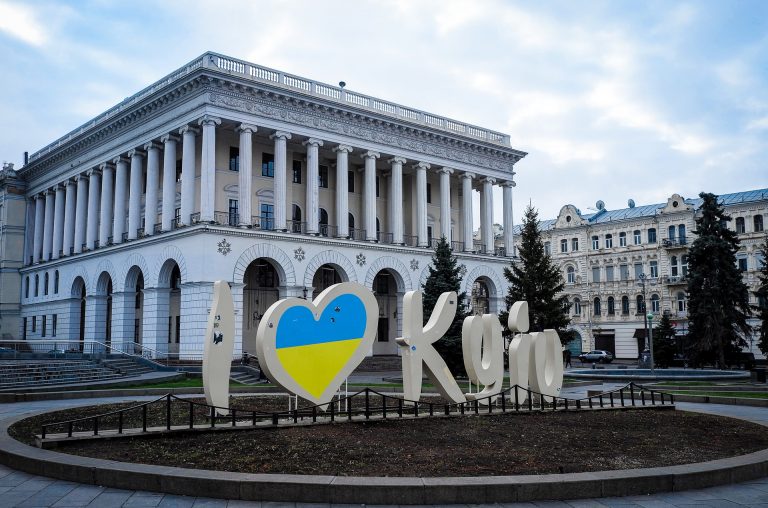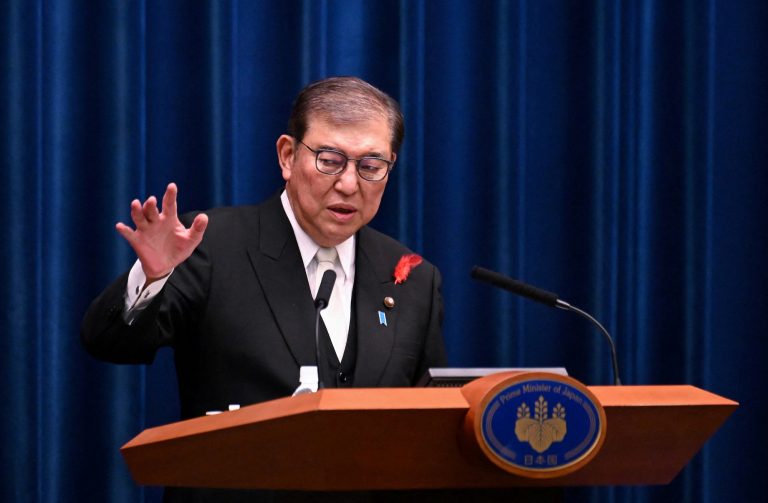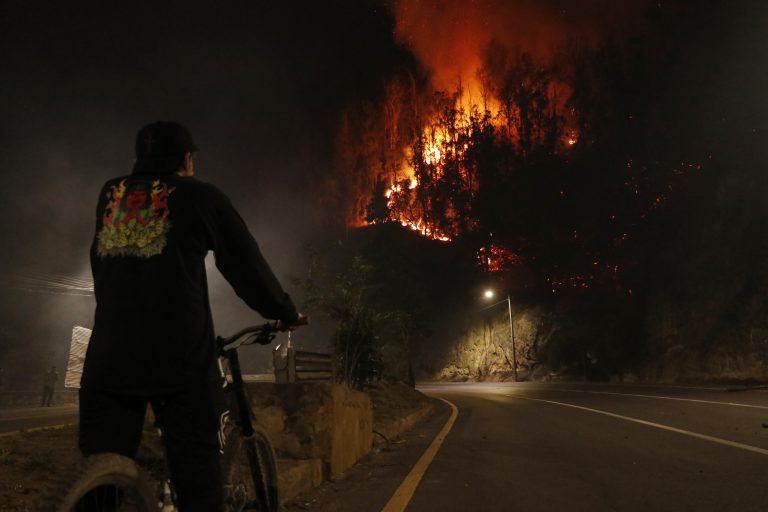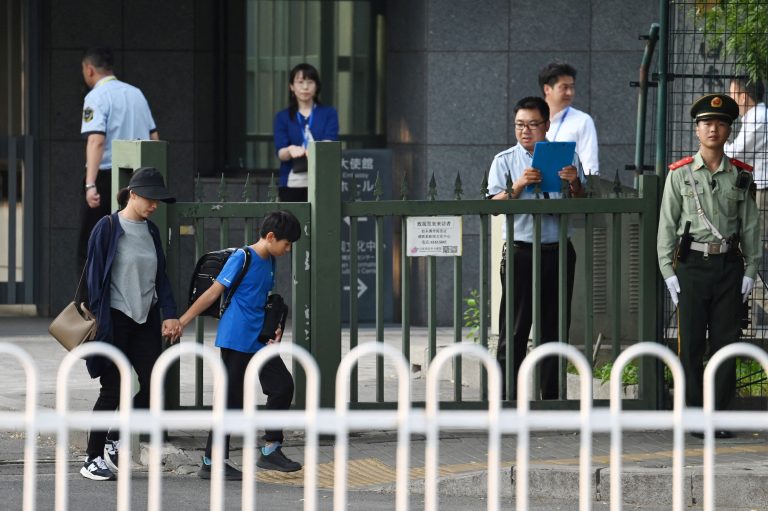Britain is accusing Russia of plotting to put a pro-Moscow government in Ukraine. In a report published by the UK Foreign Office, Russia is said to be considering whether it should invade and occupy Ukraine. The Foreign Office pointed to former Ukrainian MP Yevhen Murayev as a potential candidate for the pro-Moscow government.
Russian intelligence officers are also maintaining links with four former Ukrainian politicians other than Murayev. This includes, Serhiy Arbuzov, who was the First Deputy Prime Minister of Ukraine from 2012-2014, Vladimir Sivkovich, the former Deputy Head of the Ukrainian National Security and Defence Council (RNBO), Andriy Kluyev, First Deputy Prime Minister from 2010-2012, and Mykola Azarov, Prime Minister of Ukraine from 2010-2014. Some of them have contact with officers within the Russian intelligence apparatus who are allegedly presently involved in planning out the invasion of Ukraine.
Foreign Secretary Liz Truss stated that the information released by the Foreign Office shines a light on “the extent of Russian activity designed to subvert Ukraine.” It also reveals the thinking of the Kremlin, she insisted.
“Russia must de-escalate, end its campaigns of aggression and disinformation, and pursue a path of diplomacy. As the UK and our partners have said repeatedly, any Russian military incursion into Ukraine would be a massive strategic mistake with severe costs,” Truss said in a statement. The Foreign Office made it clear that the UK “unequivocally” supports Ukraine’s territorial integrity and sovereignty.
The UK Foreign Office’s revelation attracted criticism from the Russian Ministry of Foreign Affairs which accused the British agency of “circulating disinformation.” It asked the Foreign Office to “stop spreading nonsense” and “cease these provocative activities.”
Success
You are now signed up for our newsletter
Success
Check your email to complete sign up
45-year-old Murayev, who had lost his parliamentary seat back in 2019, termed the accusations of the UK Foreign Office as “nonsense.” As he has been barred from Russia, placed under Moscow’s sanctions for four years, and saw his father’s assets in Russia frozen, Murayev said he finds it “hard to comment” on the allegations.
In a Facebook post published on Jan. 23, Murayev stated that the time of pro-Western and pro-Russian politicians in Ukraine was over. “Ukraine needs new politicians whose policy will be based solely on the principles of national interests of Ukraine and the Ukrainian people. Thirty years – a sufficient time to understand the simple truth – Ukraine is an independent, independent state and we can and must decide our own fate,” the post said.
The UK Foreign Office’s claims come as Prime Minister Boris Johnson warned against being naïve when dealing with Putin. A source from the British government told Sky News that Boris sees the Russia-Ukraine standoff as “gravely dangerous.” Johnson feels the situation is the “biggest test” to the resolve and unity of the NATO alliance and the West.
“It would be frankly naïve to assume that Russia could be mollified by changes to the European security architecture – the Kremlin’s behavior has made that consistently clear,” the source said.
Russia is said to have 100,000 troops near the Ukrainian border. On Jan. 20, Russia announced it was deploying 10,000 military servicemen, 1,000 pieces of military equipment, 140 combat and supply ships, and more than 50 aircraft for a series of military exercises that will “encompass seas washing Russia and also World Ocean areas of key importance.”
In a statement, the Russian Defense Ministry said that “there will be some exercises in the Mediterranean and Northern seas and the Sea of Okhotsk, in the Northeastern Atlantic and in the Pacific.”







